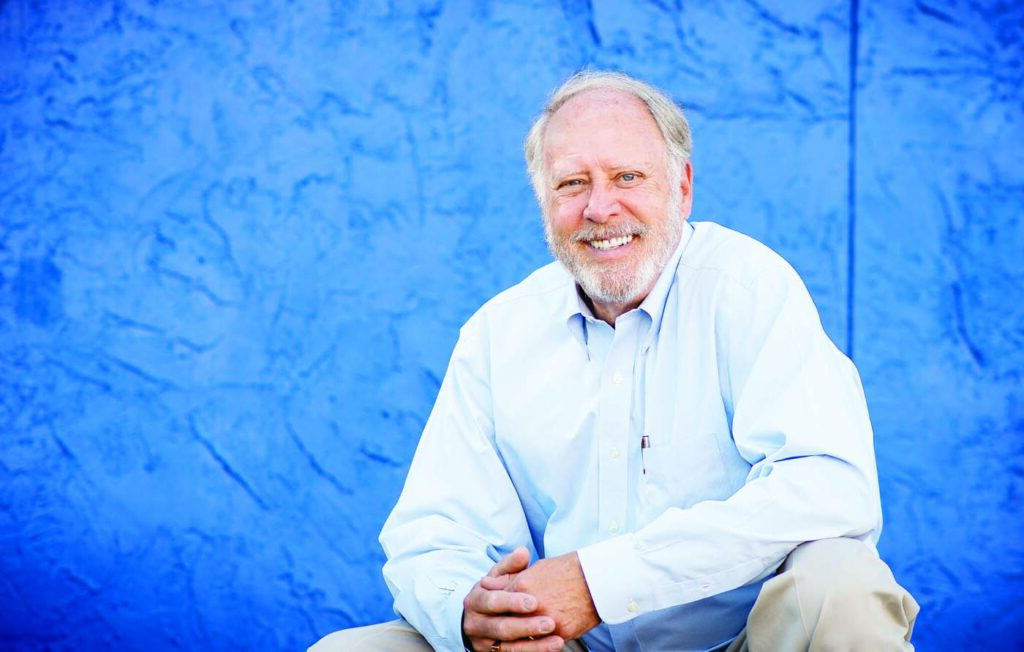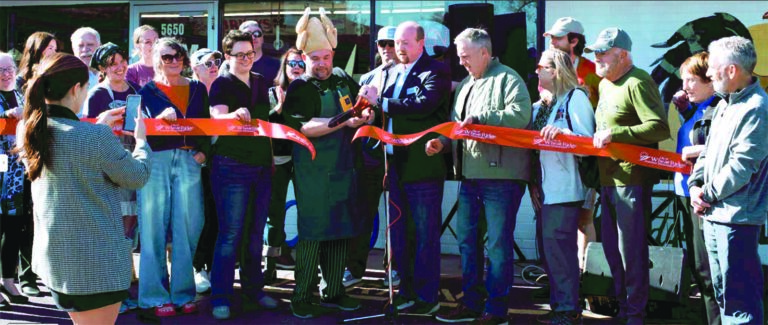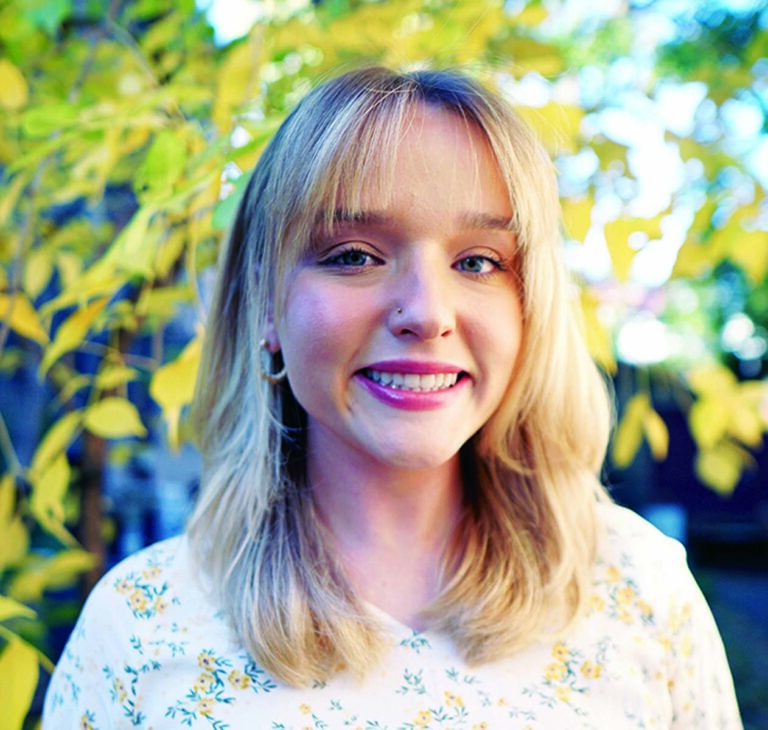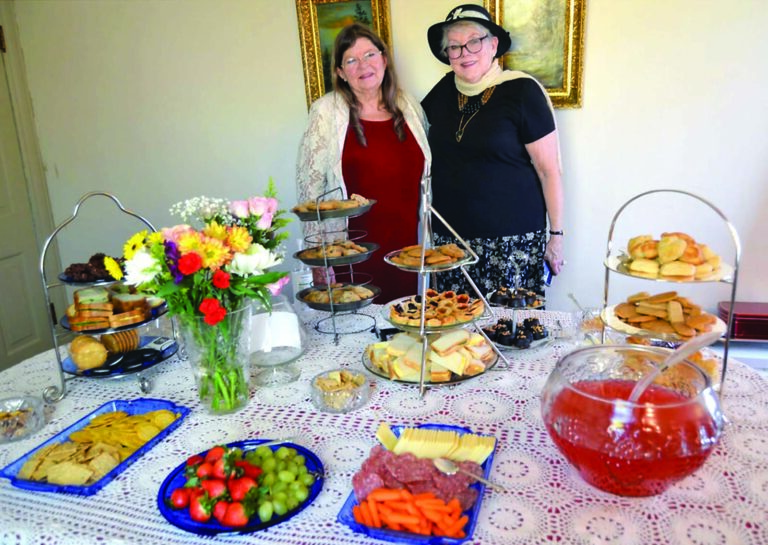In 2023, Wheat Ridge voters placed their trust in our community’s future by approving the 2J, an extension of the city’s .5 cent sales tax. Today, I’m proud to share that we are preparing for the next chapter of 2J investments, aimed squarely at building a safer, more connected, and more resilient Wheat Ridge.
At our May 19 study session, Wheat Ridge City Council finalized the project list for 2J funding, which will direct $75 million in bond dollars toward some of our most pressing infrastructure needs. From improved sidewalks and stormwater fixes to bike lanes and school zone safety, these projects reflect not only careful planning, but also the thoughtful input of our residents.
More than half of the 2J funds, about $50 million, will go toward improving the major corridors that tie our neighborhoods together. One of the largest efforts will be a full rebuild of 38th Avenue from Youngfield to Kipling. This stretch will receive new sidewalks, better drainage, and bike lanes, improving mobility for drivers, cyclists, and pedestrians alike.
Also on the docket is the long-awaited 38th Avenue Refresh between Wadsworth and Harlan, a community favorite that moves into the design stage this year. Thanks to regional partnerships, we’ll also contribute to a new roundabout at 26th and Pierce and conduct traffic studies at 44th and Tabor and 44th and Eldridge, areas residents have flagged as safety concerns.
Wheat Ridge is committing over $20 million to repairing and expanding our sidewalk network, with 4.8 miles of new sidewalk planned along key corridors like Harlan and Pierce. I’m especially encouraged by council’s decision to set aside $500,000 specifically for pedestrian improvements near schools. Whether it’s a better crossing near Stevens Elementary or traffic-calming near 44th, these are investments that protect our youngest residents and support walkable neighborhoods.
While big corridor projects get much of the attention, we know that the health of our infrastructure depends on the less visible, but just as vital, components like drainage and road surface maintenance. That’s why nearly $4.5 million is earmarked for emergency stormwater work and a rotating street repaving schedule through 2029.
Throughout these discussions, council has made it clear that transparency and community engagement must guide every step. That means tracking progress publicly, engaging residents early in the design process, and making it easier for neighbors to access services like recycling, cleanup grants, and sustainability programs. I’m confident that as we launch these projects, we’ll continue to build trust and momentum, together.
The approved 2J project list covers both funding tranches, with implementation carefully timed based on market conditions and planning milestones. As your mayor, I’m committed to making sure every dollar reflects our shared priorities, because these investments aren’t just about fixing what’s broken. They’re about building a city that works for everyone.
See you out on the sidewalks soon.






